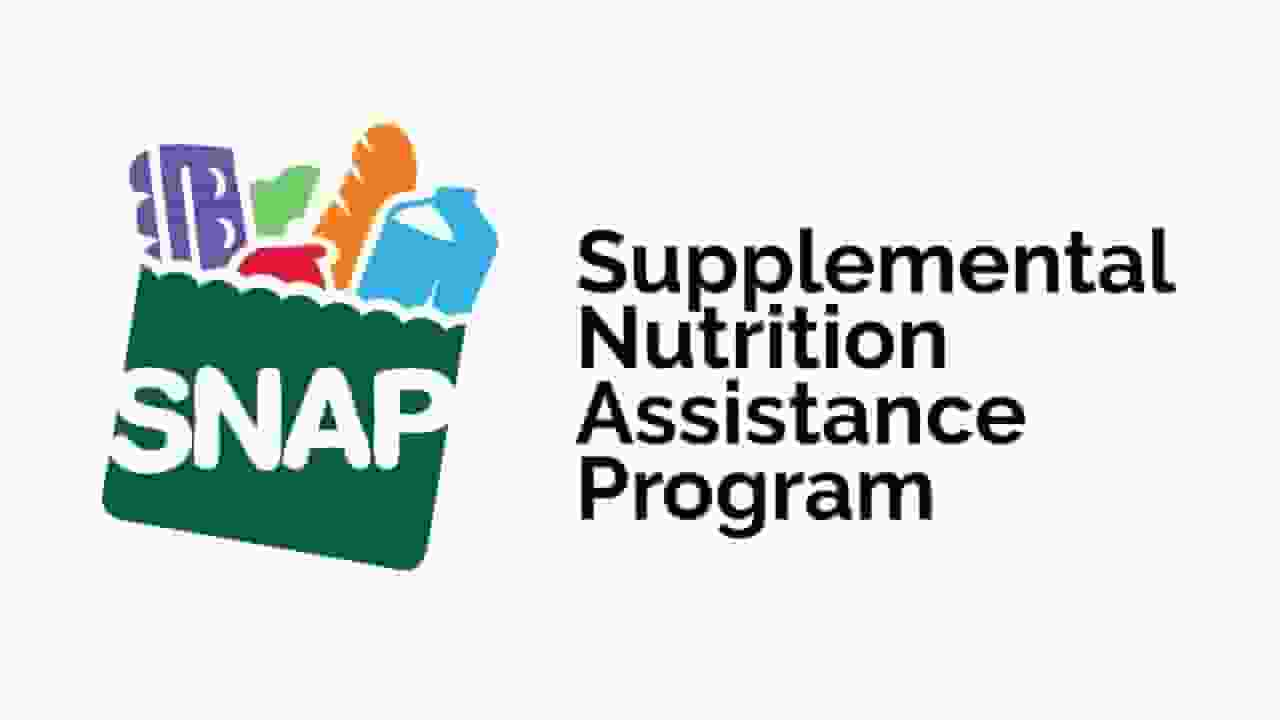
Millions of people in 35 states, districts, and territories across the United States are losing access to emergency food assistance under the Supplemental Nutrition Assistance Program (SNAP) benefits.
The termination of the Covid-19-era emergency allotments (EAs) on March 1 entails a monthly loss of at least $95 in SNAP benefits, formerly known as food stamps. According to the Center on Budget and Policy Priorities, many households will experience cuts of $250 or more.
Which States Will End Giving SNAP Benefits?
Millions of people who get emergency SNAP benefits may see their allotments reduced. Following are the states where EA benefits are no longer available:
- Alabama California
- Colorado Connecticut
- Delaware District of Columbia.
- Hawaii Illinois
- Kansas Louisiana
- Maine Maryland
- Massachusetts Michigan
- Minnesota Nevada
- The state of New Hampshire The state of New Jersey
- The state of New Mexico New York City
- The state of North Carolina Ohio Oklahoma Oregon
- Pennsylvania The state of Rhode Island
- Texas Utah
- Vermont Virginia
- Washington The state of West Virginia
- Wisconsin
Read more: Stimulus internet credit: How to claim ACP payment?
SNAP Modifications For 2023

From March 1, the number of SNAP benefits you receive will no longer be determined by your household size, as it is with emergency allotments. Instead, it will be based on your household income and assets, which were used prior to the epidemic.
Notwithstanding the fact that the maximum monthly benefit for recipient households in 2023 is higher than in 2022, the end of EA benefits may result in some beneficiaries receiving a reduced monthly allotment overall.
Yet, the SNAP supplement isn’t the only pandemic benefit expiring. As tax season starts, Individuals should remember that the Child Tax Credit is only worth $2,000 in 2022.
The sum was temporarily increased to $3,600 in 2021. In addition, low to moderate-income households might receive the Earned Income Tax Credit for up to $6,728 in 2021.
While the maximum will be increased to $7,430, individuals without children would be the most affected. According to the IRS, this group will only be allowed to claim up to $600 this year, down from over $1,500 last year.
Read more: Supernova first spotted 1,800 years ago captured on telescope

